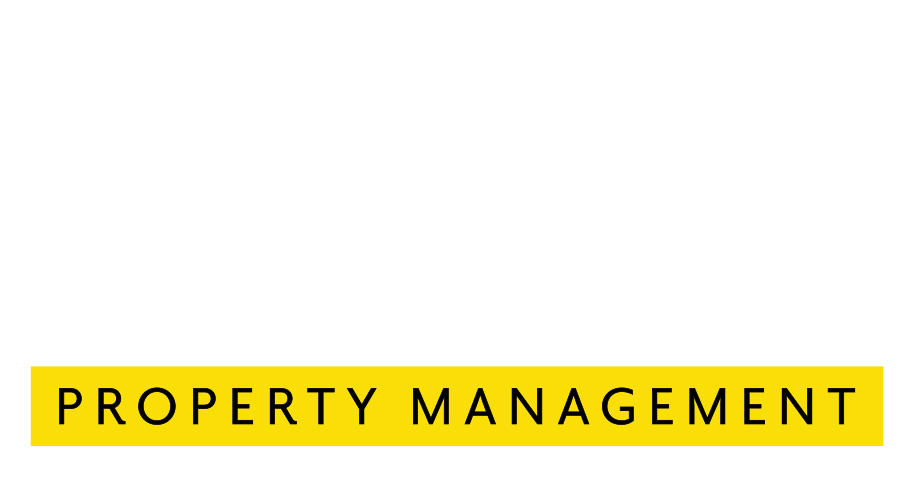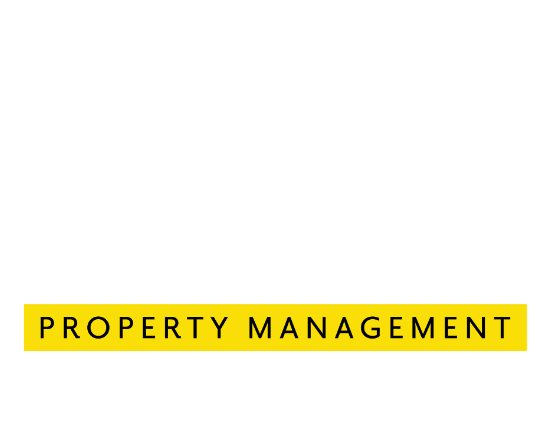How hard is it to find graduate student housing in Columbia SC? It’s totally understandable to feel a bit anxious about it.
But here’s the good news: while finding the perfect living options can be a bit of a journey, it’s definitely manageable with the right approach and resources.
Let’s dive into this together, explore some helpful strategies, and make the process of finding your new home in Columbia as smooth and stress-free as possible.
Common Challenges in Graduate Student Housing Search
- High Cost: Housing near campus can be expensive, making affordability a significant concern for many students.
- Limited Availability: There’s often a limited number of houses available close to campus, leading to competition and scarcity, which can fall within various fees ranges.
- Quality of Accommodations: Some student housing might be outdated or poorly maintained, leading to concerns about living conditions.
- Roommate Issues: Finding compatible roommates can be challenging, and conflicts with roommates can impact the living experience.
- Lease Terms: Lease agreements can be complex and restrictive, with terms that might not be student-friendly.
- Distance from Campus: Affordable housing might be located far from campus, making commuting a hassle.
- Safety Concerns: Some areas might have higher crime rates, leading to safety concerns for students.
- Lack of Amenities: Some housing options may lack desirable amenities like laundry facilities, parking, or recreational areas.
- Noise Levels: Being in a student-centric area can mean higher noise levels, which can be disruptive.
- Utility Costs: The cost of utilities can be high and unpredictable, especially if not included in the rent.
- Internet Connectivity: Reliable and fast internet is crucial for students, and not all housing offers good connectivity.
- Furnishing Costs: Unfurnished apartments require students to invest in furniture, adding to the expense.
- Rental Scams: Students can be vulnerable to rental scams, particularly if they are searching for housing online.
- Short-term Leases: Finding leases that align with the academic calendar can be difficult.
- Privacy Issues: In shared housing, privacy can be limited.
- Property Management Responsiveness: Issues with maintenance and repairs can be frustrating if property management is unresponsive.
- Parking: Limited or expensive parking options can be a problem for students with cars.
- Storage Space: Student housing often lacks sufficient storage space.
- Accessibility: Students with disabilities may find it challenging to find suitable, accessible housing.
- Cultural and Lifestyle Fit: Finding housing that aligns with one’s lifestyle, culture, or needs (like pet-friendly spaces) can be challenging.

Strategies for Overcoming Student Housing Challenges
- Start Early: Begin your search as early as possible. This gives you a broader range of options and reduces the stress of last-minute hunting.
- Set a Budget: Determine your budget, including rent, utilities, and other living expenses. Stick to this budget to avoid financial strain.
- Research Locations: Investigate different neighborhoods in terms of distance from campus, safety, and amenities. Prioritize areas that meet your most important criteria.
- Utilize Campus Resources: Many universities offer support and resources to help in graduate student housing search, such as listings, roommate matching services, and advice on leases, providing significant benefits to students of varying age groups.
- Online Search and Networking: Use online platforms and social media groups dedicated to housing in Columbia. Networking can also provide leads on good housing options.
- Inspect Housing Options: Visit the properties in person to check their condition, safety, and amenities. This helps avoid surprises after moving in.
- Read and Understand Lease Agreements: Before signing, thoroughly read and understand the lease terms. Don’t hesitate to ask questions about anything unclear.
- Plan for Roommates: If sharing accommodation, carefully select roommates and discuss living arrangements and expectations beforehand.
- Consider Transportation: If living off-campus, consider the availability and cost of transportation to the university.
- Safety First: Prioritize properties in safer neighborhoods, and consider security features of the housing units.
- Check for Furnishings: Determine if the housing is furnished or unfurnished. If unfurnished, plan for the additional cost of furniture.
- Inquire About Utilities: Ask about the utility setup. Are they included in the rent, or do you pay separately? Also, check the reliability of internet service.
- Prepare Documentation: Have all necessary documentation ready, such as ID, proof of enrollment, and financial information.
- Plan for Short-term Leases: If you need a short-term lease, specifically look for properties offering lease terms that align with your academic calendar.
- Be Aware of Scams: Stay vigilant against rental scams. If a deal seems too good to be true, it probably is.
- Seek Legal Advice if Necessary: If you’re unsure about a lease agreement or legalities, seek advice from a legal professional.
- Consider Lifestyle Needs: Look for housing that suits your lifestyle, whether that means a quiet environment for study, a pet-friendly place, or proximity to recreational areas.
- Accessibility Needs: If you have specific accessibility requirements, ensure the housing meets these needs.
- Storage Solutions: If the chosen graduate student housing has limited storage, consider space-saving furniture or nearby storage facilities.
- Stay Flexible: Be prepared to compromise on some aspects, as it might be challenging to find a place that ticks every box.

On-Campus vs. Off-Campus Student Housing in Columbia, SC
When choosing student housing in Columbia, SC, graduate students often contemplate whether to live on-campus or off-campus.
Both options come with their unique sets of advantages and disadvantages, which are crucial to consider for making a well-informed decision that aligns with personal needs and academic goals.
On-Campus Graduate Student Housing
Pros of On-Campus Housing
- Convenience: Proximity to university facilities like libraries and classrooms.
- Community: Built-in community for networking and socializing.
- Simplified Billing: Inclusive billing for utilities and other services.
- Enhanced Safety: Robust security measures provided by university.
Cons of On-Campus Housing
- Higher Cost: Often more expensive than off-campus options.
- Limited Independence: More regulations and less privacy.
- Space Constraints: Smaller accommodations with fewer amenities.
Off-Campus Graduate Student Housing
Pros of Off-Campus Housing
- Variety of Options: Wider range of accommodation types and styles.
- Cost-Effectiveness: Potential for more affordable living, especially when sharing.
- Greater Independence: More freedom and privacy.
- Life Skills Development: Opportunities to learn budgeting and household maintenance.
Cons of Off-Campus Housing
- Transportation Challenges: Potential commute adding to time and expenses.
- Variable Costs: Separate, fluctuating utility bills.
- Security Concerns: Less concentrated security measures.
- Complex Lease Agreements: Need for greater legal awareness and landlord interactions.
Ray Covington’s Off-Campus Housing Options for Students in Columbia, SC
Ray Covington Property Management offers a selection of off-campus rental housing tailored specifically for University of South Carolina and Columbia College students.
Our properties are designed to balance comfort, convenience, and affordability to undergraduate students or single graduate students.
Here are a few examples of graduate residences from our inventory.
- 208 Jasmine Place Drive, Columbia: This property features 4 bedrooms, 2 bathrooms, and spans 1780 sqft. It’s available for rent at $2,200. 12.7 miles from UofSC
- 83 Springway Drive, Columbia: Offering 3 bedrooms and 2 bathrooms, this house covers 1614 sqft. The rental cost is $1,795. 6.7 miles from UofSC
- 4443 Bethel Church Road, Columbia: A 3 bedroom, 2 bathroom property, with an area of 1507 sqft. It’s listed for $1,790. 4.5miles from UofSC
- 3218 Montgomery Avenue, Columbia: This house provides 3 bedrooms, 1 bathroom, and has a total area of 1300 sqft. The rent is set at $1,550. 2.5miles from UofSC.
For more listings and details, you can visit Ray Covington Property Management’s Off Campus housing page.
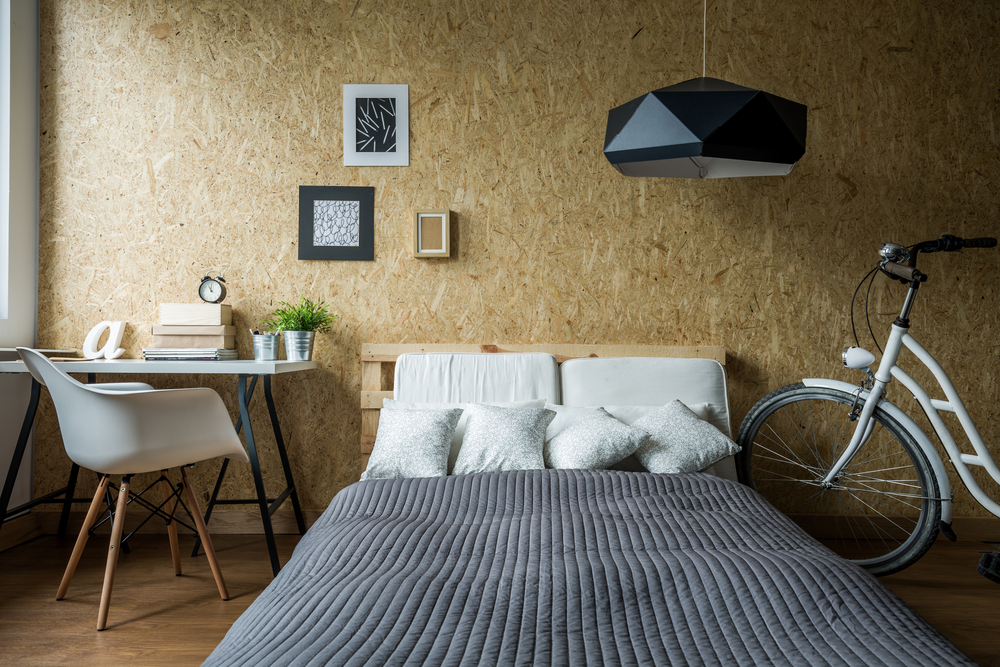
FAQs about Graduate Student Housing in Columbia, SC
Q: How much does it cost to rent a graduate student apartment in Columbia, SC?
The cost of rent in Columbia, SC can vary depending on a number of factors, including the size and location of the apartment, the amenities offered, and the current market conditions. However, you can expect to pay between $800 and $1,500 per month for a one-bedroom apartment in a popular student neighborhood.
Q: What are the different neighborhoods in Columbia, SC that are popular with graduate students?
Some of the most popular neighborhoods for graduate students in Columbia, SC include:
The Vista: This vibrant and walkable neighborhood is home to a variety of restaurants, bars, and shops. It is also close to the University of South Carolina’s campus.
Five Points: This historic neighborhood is known for its eclectic mix of shops, restaurants, and bars. It is also close to the University of South Carolina’s campus.
Shandon: This quiet and charming neighborhood is home to a number of historic homes and tree-lined streets. It is also close to the University of South Carolina’s campus.
Forest Acres: This upscale neighborhood is home to a number of shopping centers and restaurants. It is also close to the University of South Carolina’s campus.
Cayce: This family-friendly neighborhood is located across the river from Columbia, SC. It is home to a number of parks and green spaces.
Q: Is it safe to live in Columbia, SC?
Columbia, SC is a relatively safe city. However, like any city, there is some crime. You can help to keep yourself safe by taking some common precautions, such as being aware of your surroundings, avoiding walking alone at night, and locking your doors and windows.
Q: What are some things to do in Columbia, SC?
Columbia, SC has a lot to offer its residents, including:
Visit the South Carolina State Museum.
Take a walk or bike ride through the Columbia Canal and Riverfront Park.
See a show at the Koger Center for the Arts.
Catch a game at the University of South Carolina’s Williams-Brice Stadium or Colonial Life Arena.
Enjoy a meal at one of Columbia’s many restaurants.
Q: What are some tips for living in Columbia, SC?
Get a USC Gamecocks ID card. This will give you discounts on a variety of things, including bus fares, movie tickets, and restaurant meals.
Take advantage of Columbia’s free public transportation system. The COMET bus system can take you to all of the major attractions in the city.
Get involved in the community. There are a number of clubs and organizations in Columbia that cater to graduate students.
Be prepared for the heat and humidity. Columbia has a hot and humid climate. Make sure to stay hydrated and wear sunscreen when you are outdoors.
More Resources
UofSC Graduate Student Housing Resources
Housing and Cost of Living:
- The State Newspaper – Rent Reports: https://www.point2homes.com/US/Average-Rent/SC/Columbia.html (Tracks average rent prices and trends across Columbia neighborhoods)
Academics and Campus Life:
- University of South Carolina Graduate School: https://sc.edu/study/colleges_schools/graduate_school/index.php (Official website with resources and information for graduate students)
- Graduate Student Association (GSA): https://sc.edu/about/offices_and_divisions/leadership_and_service_center/student_organizations/graduate_student_association/index.php (Represents graduate students and organizes events and activities)
- Office of International Services: https://sc.edu/about/offices_and_divisions/international_student_and_scholar_support/index.php (Supports international graduate students with immigration and cultural needs)
- Carolina Life: https://campusactivities.usc.edu/ (Website with information on student organizations, events, and campus resources)
Transportation and Getting Around:
- COMET Bus System: https://catchthecometsc.gov/schedules-routes/ (Free public bus system serving Columbia)
- Zipcar: https://www.zipcar.com/carsharing (Car-sharing service with locations around Columbia)
- Uber and Lyft: https://www.uber.com/ & https://www.lyft.com/ (Ridesharing services available in Columbia)
- USC Parking Services: https://sc.edu/about/offices_and_divisions/parking/parking/ (Information on parking permits and options for students)
Community and Entertainment:
- Visit Columbia SC: https://www.experiencecolumbiasc.com/ (Official tourism website with information on events, attractions, and restaurants)
- Five Points: https://fivepointscolumbia.com/ (Historic district with shops, restaurants, and nightlife popular with students)
- The Vista: https://www.vistacolumbia.com/ (Vibrant entertainment district with bars, restaurants, and live music)
- Columbia Museum of Art: https://www.columbiamuseum.org/ (Art museum with diverse collections and exhibitions)
- South Carolina State Museum: https://scmuseum.org/explore (State museum with exhibits on history, science, and art)
Additional Resources:
- City of Columbia: https://columbiasc.gov/ (Official website with information on city services and resources)
- The State Newspaper: https://www.thestate.com/ (Local news and information)
- Free Times: https://www.postandcourier.com/free-times/ (Alternative weekly newspaper with arts, culture, and community news)
